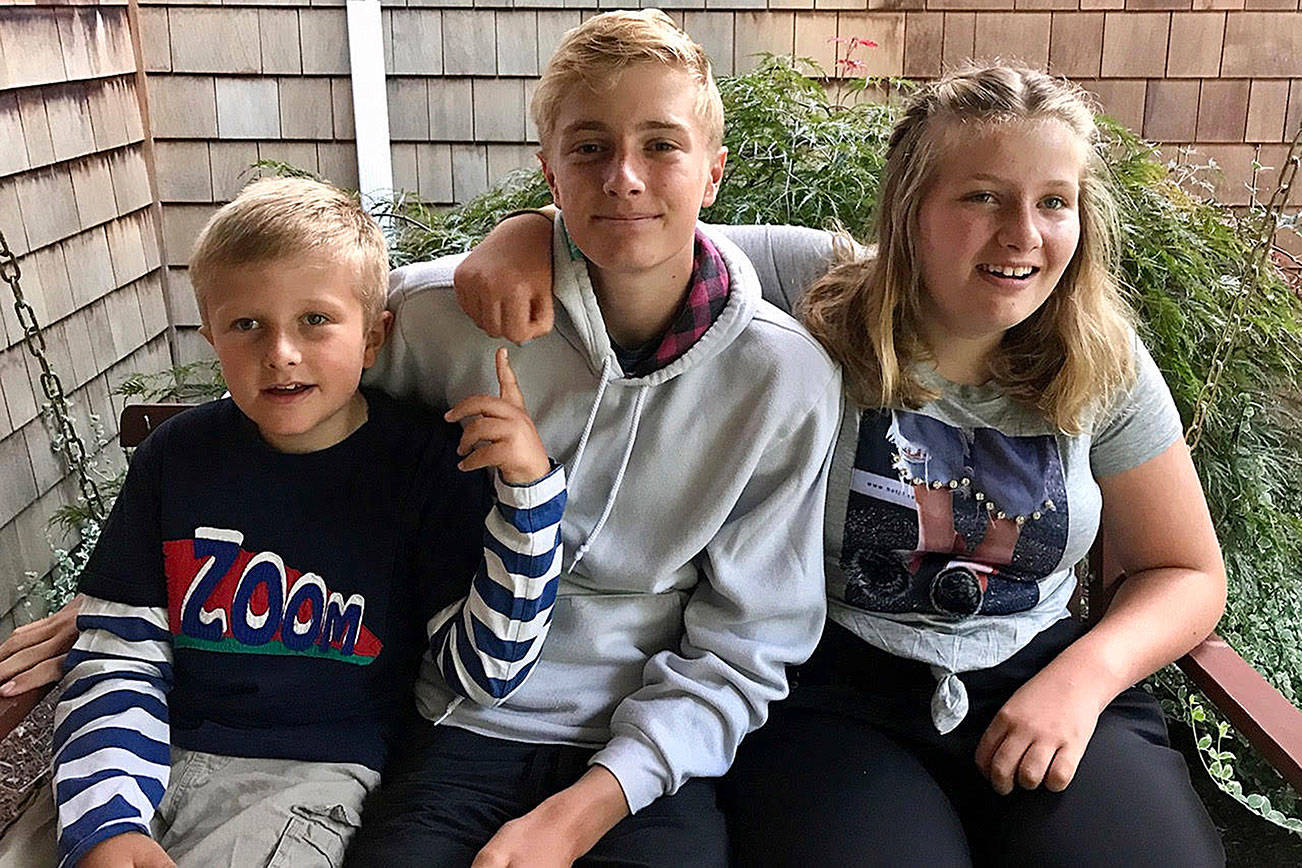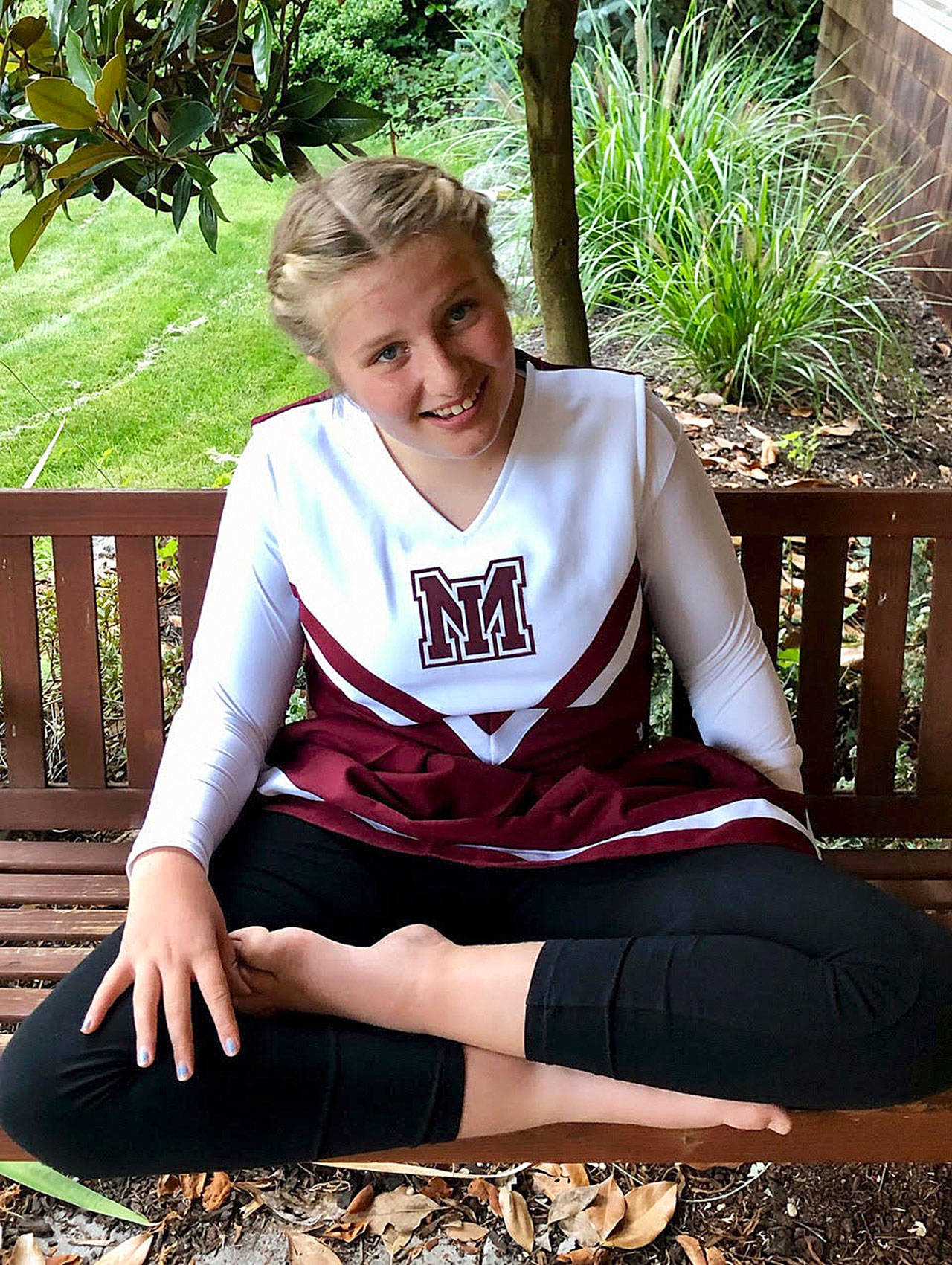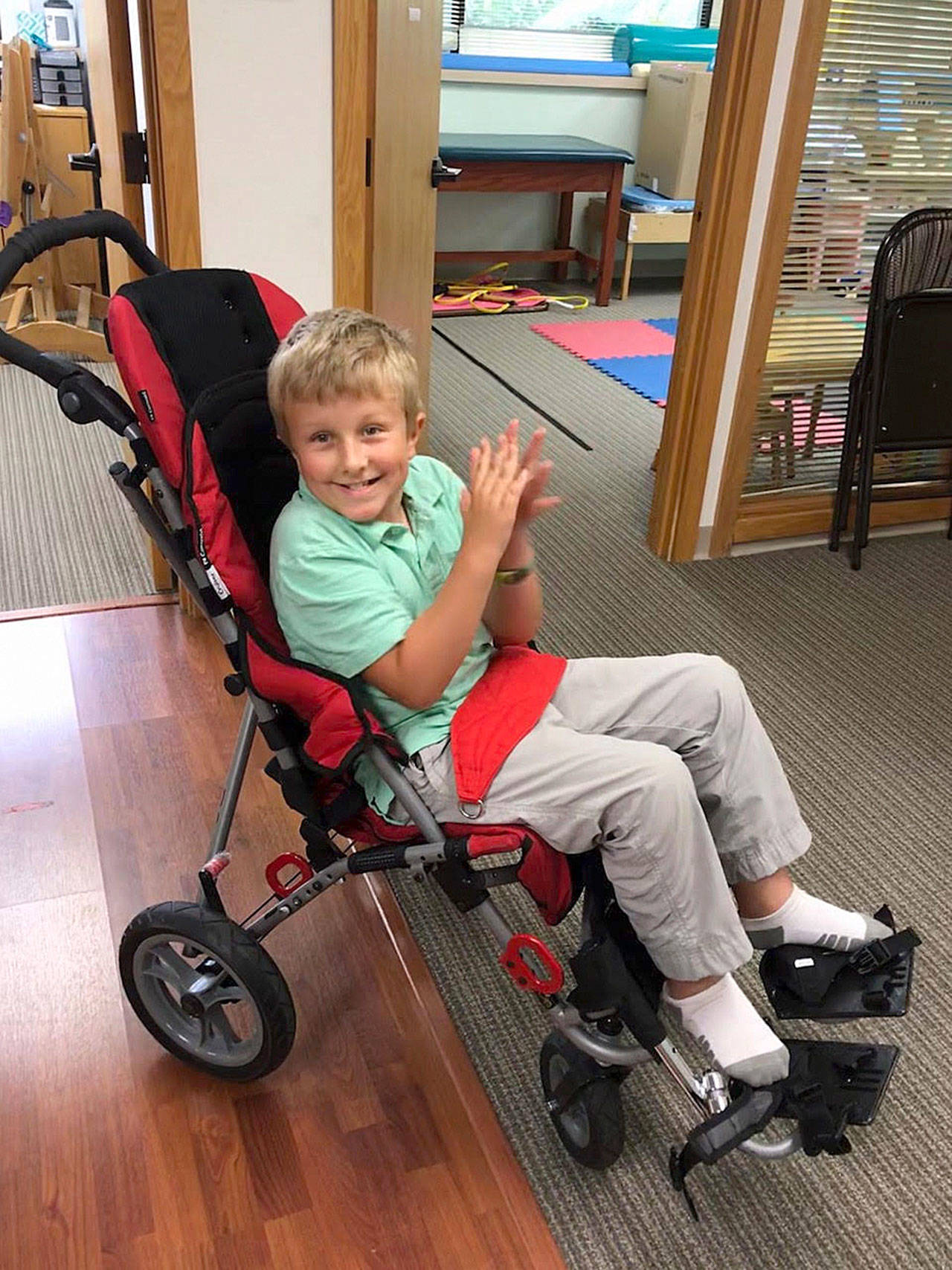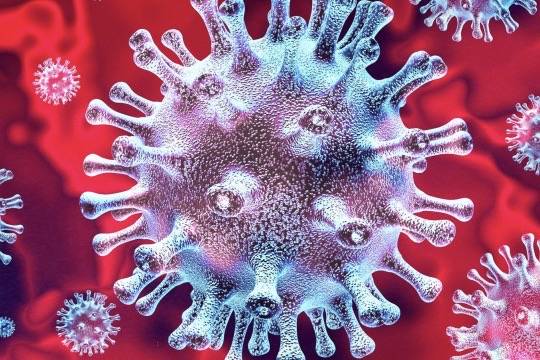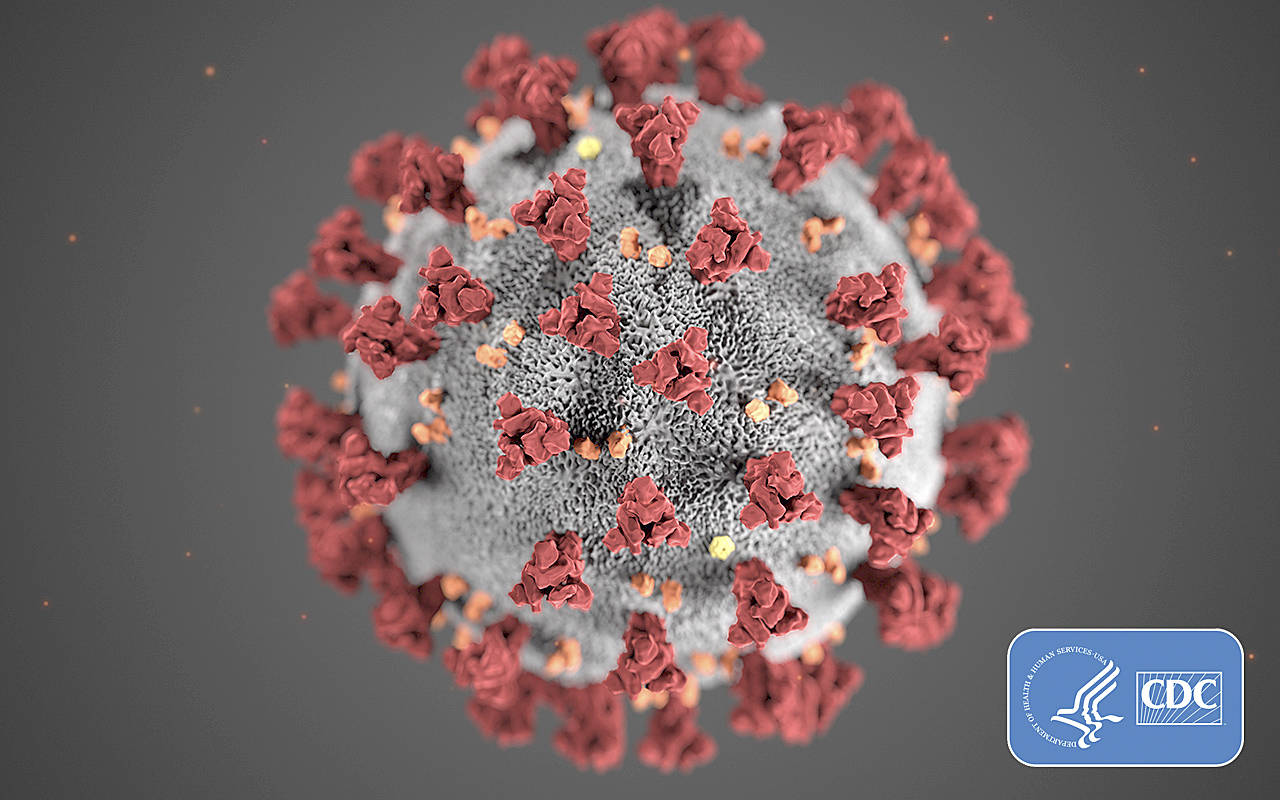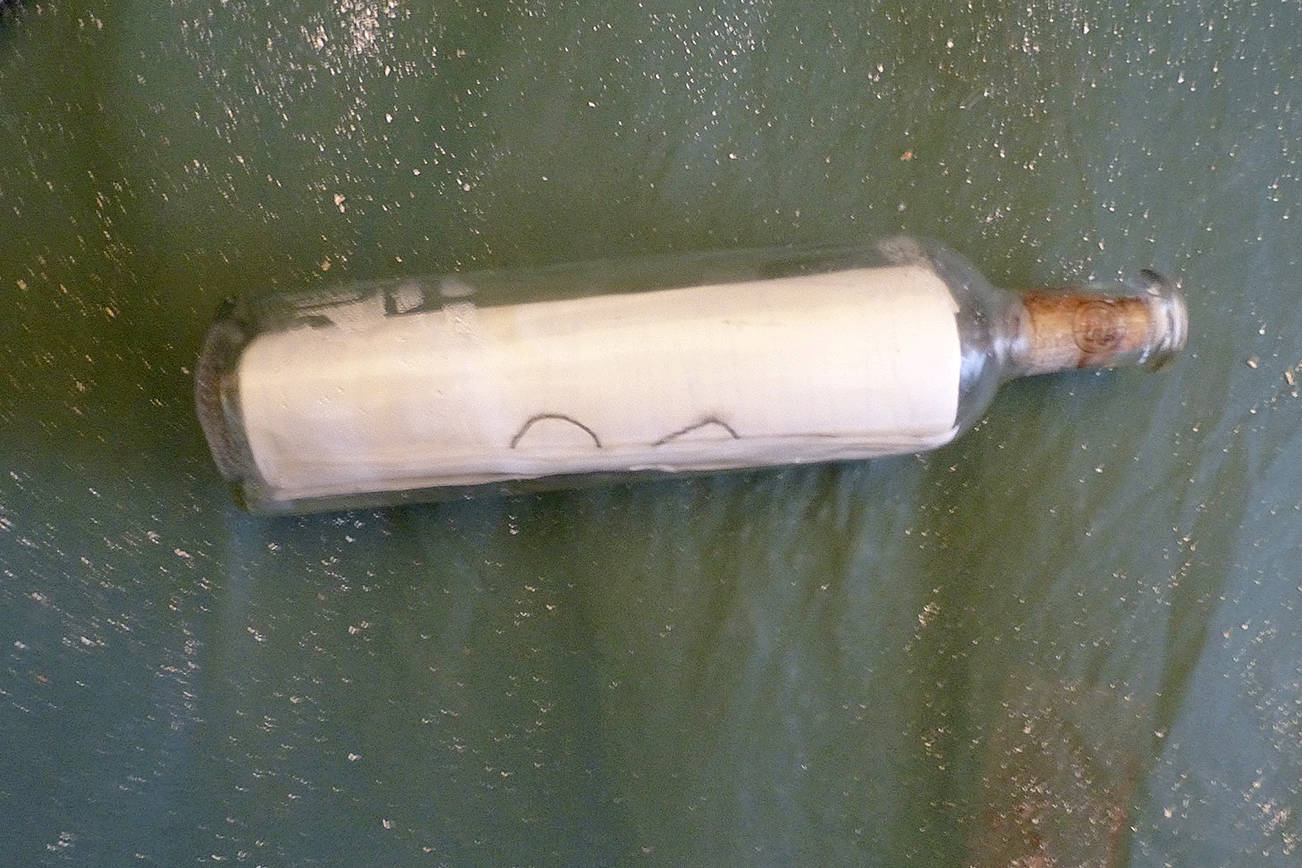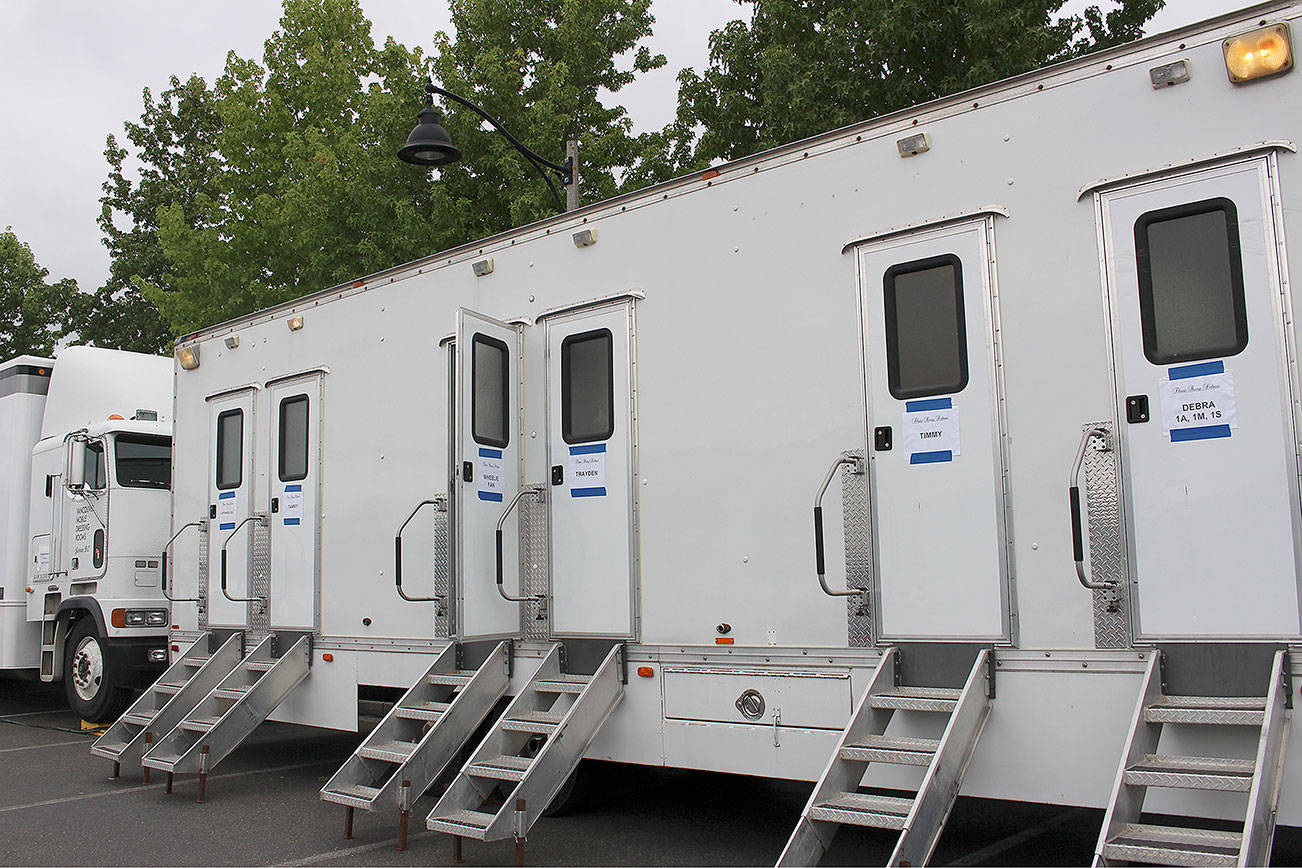Each day brings a new adventure for the Hawkins family.
Doug and Jill Hawkins have three children—Nash (16), Charlotte (12) and Cooper (9). Unlike some families, two of the three Hawkins children were born with an ultra-rare undiagnosed genetic disease.
Charlotte and Cooper both had normal births, Jill Hawkins said. “They were both perfectly normal pregnancies and births. There was no reason to suspect anything was wrong.”
Shortly after Charlotte was born, Hawkins said she wasn’t meeting the expected developmental milestones. Some of Charlotte’s symptoms include intellectual disabilities and delays in all areas of development, disruptive behaviors, sleep disturbance, muscle tone issues and seizures.
Doctors assured Hawkins the chances of having another child with medical issues similar to Charlotte’s were incredibly low. About three years later Cooper was born. A normal pregnancy and birth, but just like Charlotte, Cooper began missing the expected developmental milestones. Cooper then developed the exact symptoms as Charlotte.
Doctor appointments, tests and therapies left questions.
“We didn’t have any answers for what was wrong,” Hawkins said. “No one could figure out what was wrong… It was frustrating.”
The only thing doctors could pinpoint was that it had to be genetic.
Charlotte and Cooper had exome sequencing done as part of a research study at the University of Washington and have also been followed by the Rare Genomics Institute. There was initial hope that variants on genes LAMA5, NSD1and EZH2 might have caused their disease, but there has been no further evidence to support this, Hawkins said.
In the spring of 2016, Charlotte and Cooper were accepted into the National Institute of Health’s Undiagnosed Diseases Network (NIH-UDN) program at Stanford University where extensive medical review and work-up was completed including whole-genome sequencing.
Upon repeat analysis of Charlotte and Cooper’s full genome sequence, a variant was found on both Charlotte and Cooper’s FAM177A1 gene that the UDN highly suspects is the cause of their disease. The compound heterozygous deletions appear to have caused a loss of function (LOF) of the FAM177A1 gene in Charlotte and Cooper. The deletions have since been clinically validated, Hawkins said. There is very little known about the gene but functional studies are underway using zebrafish.
Through a matching database, another patient has been identified with similar genetic findings and overlapping clinical presentations. There are also four siblings noted in a medical journal to have similar presentations and issues with the gene.
“I got the chills. I started to weep,” Hawkins said. “I was so excited to know others like Charlotte and Cooper were out there.”
Discovering more patients like Charlotte and Cooper can lead to a formal diagnosis, and thus possible treatments.
“It’s been an adventure,” Hawkins said. “It’s been very challenging, exhausting, lonely and scary — not knowing what the future might look like for them.”
In addition to finding possible treatments, Hawkins wants to spread awareness for rare, undiagnosed diseases and ultimately create strong support systems.
“The hope is to bring more knowledge and support for others,” she said. “With each new patient we can add to our genetic family, we can help create a sense of belonging.”
Feb. 29 is known as Rare Disease Day. In observance of the upcoming Rare Disease Day, Hawkins hopes to spread awareness for Charlotte and Cooper’s disease, as well as many others.
To learn more about the UDN, go online to https://undiagnosed.hms.harvard.edu/
